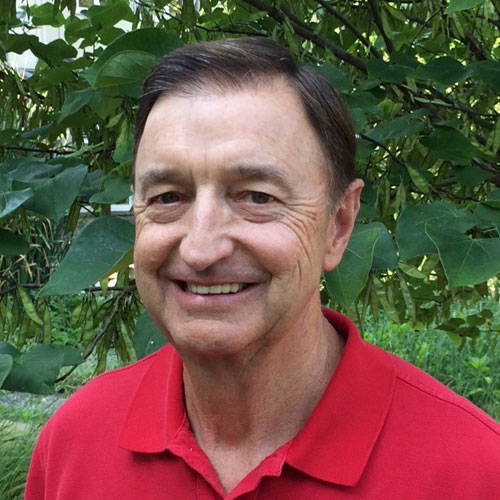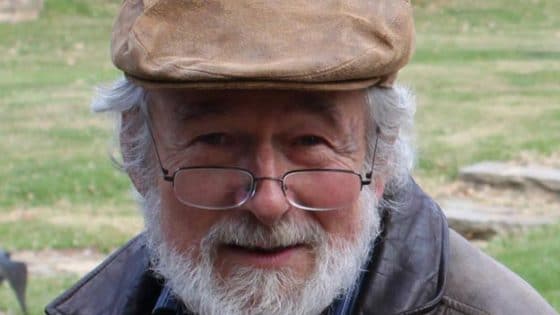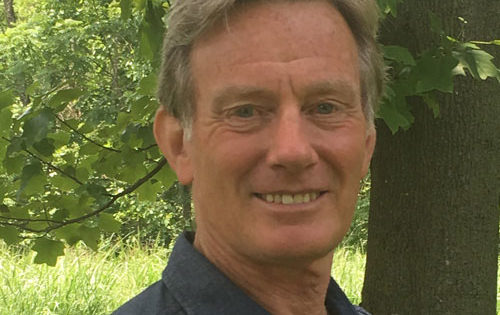
Distinguished Research Scientist Emeritus
Contact
sweeney@stroudcenter.org
tel. 610-268-2153, ext. 1300
970 Spencer Road, Avondale, PA 19311
Interests and Expertise
Bernard Sweeney’s interests include the role of water quality monitoring in conservation, population and community ecology of temperate and tropical aquatic invertebrates; pollution assessment in temperate and tropical streams using macroinvertebrates; the role of streamside forests in the structure and function of stream and river ecosystems; factors affecting the growth and survivorship of trees in riparian forests; the effects of global warming on stream ecosystems; genetic variation and gene flow among populations of stream insects; the effects of diel and seasonal temperature change on aquatic insect populations; evolution of facultative parthenogenesis in aquatic insects; bioenergetics and secondary production of aquatic insects; and the bioassay of toxic materials in aquatic systems.
Education
- Ph.D., University of Pennsylvania, Population Biology/Zoology.
- B.S., Delaware Valley College of Science and Agriculture, Biology.
Professional Experience
- Distinguished Research Scientist, Stroud Water Research Center, December 2017–present.
- President, Distinguished Research Scientist, Stroud Water Research Center, 2017.
- President, Executive Director, Curator, Director, Stroud Water Research Center, 1999–2016.
- Vice President, Asociación Centro de Investigación Stroud, San José, Costa Rica, 1991–present.
- Curator, Executive Director, Stroud Water Research Center of the Academy of Natural Sciences of Philadelphia; Vice-President, Curator, Environmental Group, Academy of Natural Sciences of Philadelphia, 1996–1999.
- Associate Curator, Executive Director, Stroud Water Research Center of the Academy of Natural Sciences of Philadelphia, 1988–1996.
- Assistant Curator, Stroud Water Research Center of the Academy of Natural Sciences of Philadelphia, 1978–1988.
Publications
See all publications by Stroud Center authors
Related Content
How Many Trees Does It Take to Protect a Stream?
Bern Sweeney Recognized With Prestigious Ruth Patrick Award
Bern Sweeney of the Stroud Center Named Society for Freshwater Science Fellow



